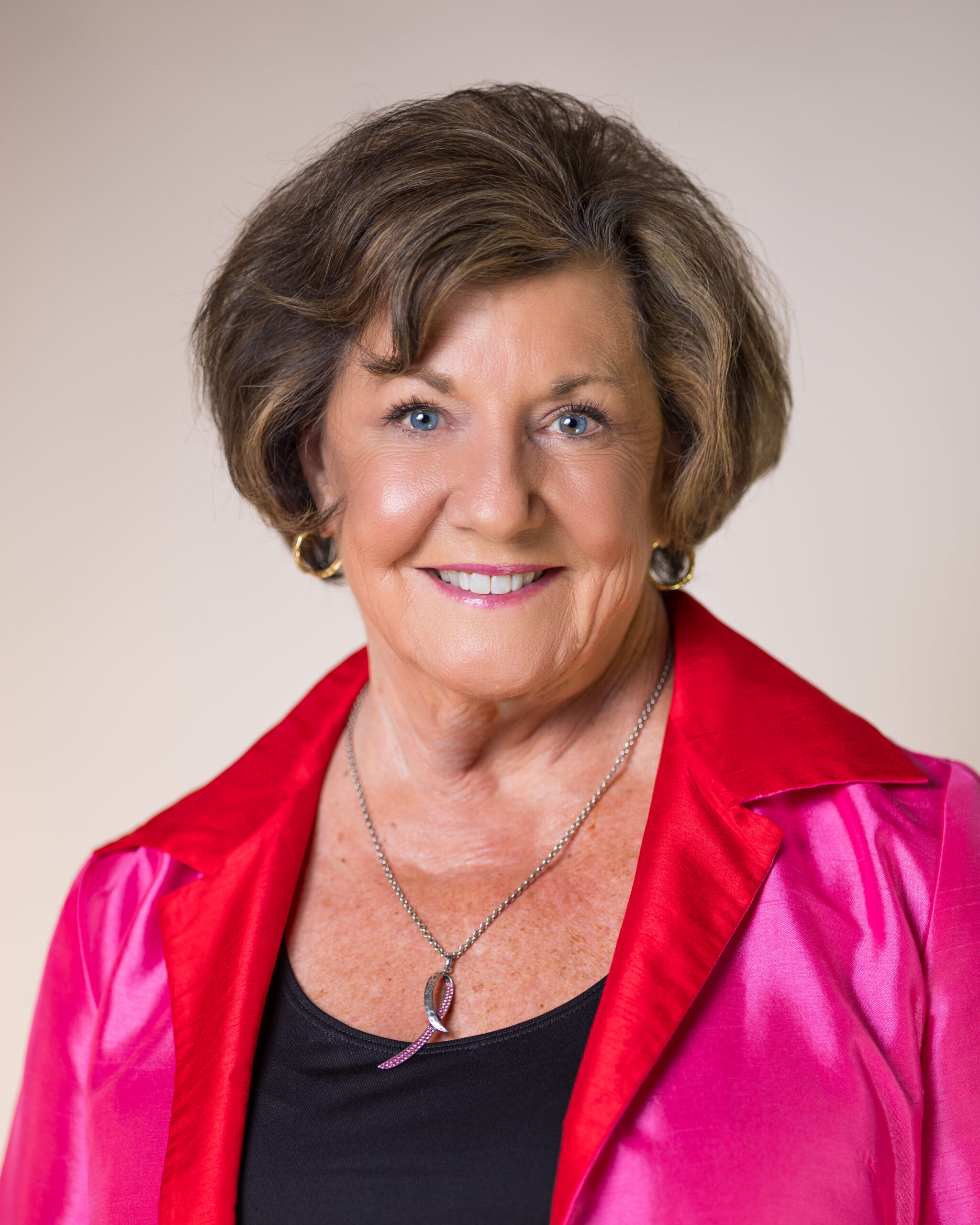Dorothy: [00:00:00] Hi, I’m Dorothy Gibbons and I’m the CEO and co founder of The Rose Breast Center of Excellence. And during this solo episode, I just wanted to share some of the things that I’ve discovered after a whole season of Let’s Talk About Your Breast.
Let’s Talk About Your Breast, a different kind of podcast presented to you by The Rose. A breast center of excellence and a Texas treasure. You’re gonna hear frank discussions about tough topics, and you’re gonna learn why knowing about your breast could save your life. Join us as we hear another story and we answer those tough questions that you may have.
During this first season, I have learned that every breast cancer experience is different. Of the 17 survivors that I’ve interviewed, they have been range in age from 24 to in their mid [00:01:00] 60s, all different races, all walks of life, even two men. And what I’ve learned is every single breast cancer experience is very different.
So if you’re diagnosed, remember that If you trust your doctor and you have faith in what he or she is saying, that’s your plan. That plan is developed around you. And be very careful about listening to other folks who are trying to tell you what you need to do because their doctor told them to do certain things.
Remember, it’s yours, and you really need to ask your doctor if you have questions. Talk to them. Don’t hesitate to be an advocate for yourself. Now, when we talk about support, that is probably one of the most important things you need as a breast cancer survivor. And when it comes to support, some people say, oh my family is all the support I need.
Well, that can be true, but [00:02:00] it can also be the part that you most need to talk to someone else about. So as you look for support, find other women who have been through it, Who are near your age, who are in some of the similar circumstances that you are, because that’s going to be the ones that really give you that support.
I think that one of the things that we need to always remember is that the caregiver is having their own experience. They’re the ones that are, are helping that patient get through this time. They’re the ones that are dealing with the thoughts of losing a loved one. and there isn’t really any school you can go to to be a caregiver.
I used to say we needed a ROSE patient navigation program in every hospital. After this season, I’ve come to believe that what we need is some kind of educational program for being a caregiver. That’s one of the hardest jobs around. And keep in mind, they are [00:03:00] twice as afraid, probably, as that patient who’s going through it.
It’s just, it’s just a different time for them also. And I, I think that the other thing that I want to share is. Remember that a breast cancer diagnosis doesn’t mean you did anything wrong. It doesn’t mean that you didn’t eat the right things or didn’t have enough exercise. It, it doesn’t mean that you’re having some kind of punishment because, um, breast cancer just happens and your biggest risk is being a woman.
So don’t, don’t ever blame yourself. Let me tell you what I’ve learned from our supporters. I’ve learned of the extraordinarily immense love that people can have for other people they don’t even know. I’ve heard some of the most astounding stories of just plain old generosity. And [00:04:00] what I’m most touched with is that It’s all about taking care of people and their community.
I think Coach Tony said it best when he said if we take care of our community, our community will take care of us. And that’s what our supporters do, time and time again. Their support, their generosity, their willingness to, to hold that fundraiser or to do something special for the Rose has meant that we, we the Rose, can serve so many more women.
And finally, to all the physicians and the nurse practitioners and the technologists and the support staff and Everyone who makes The Rose possible, I’ve learned that they all experience their own journey. with our patients. They are some of the most incredible people I’ve ever met. And every single time that I’ve [00:05:00] interviewed, I’ve learned something new.
So I hope that that has been the experience you, the listeners had. I hope that you’ve also learned some things you didn’t know about breast cancer, some ways that you could support any nonprofit, but we hope that you’ll choose The Rose. And I hope that you’ve found. A way to share with your neighbors that there is a place who’s going to take care of women regardless of their ability to pay.
Thank you for being with us through season one and we are so excited about season two.
Post-Credits: Thank you for joining us today on Let’s Talk About Your Breasts. This podcast is produced by Speke Podcasting and brought to you by The Rose. Visit therose.org to learn more about our organization. Subscribe to our podcast, share episodes with friends and join the conversation on social media using hashtag #Let’sTalkAboutYourBreasts. We welcome your feedback and suggestions. Consider supporting The Rose. [00:06:00] Your gift can make the difference to a person in need. And remember, self care is not selfish. It’s essential.

